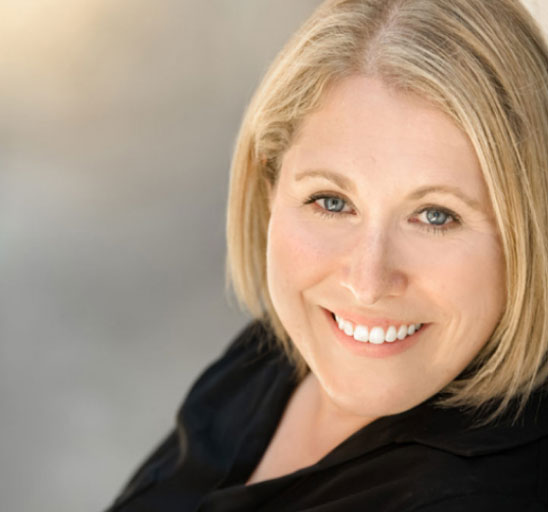An Invitation to What’s Possible


Dear Friends,
I spent my undergraduate years at University of Kansas, learning from Catherine Crisp, PhD, MSW, Mahasweta Banerjee,PhD, and the late Mary Tilley, MSW, in the School of Social Welfare (be warned, my love for Kansas Jayhawk basketball runs deep). It was there that “person-in-environment” theory was burned deep into my psyche, and that I had a formative experience that became a launching pad for my career.
A degree in social work requires completion of a practicum, an intensive year-long internship where you spend around 20 hours a week utilizing the skills and theories learned in class. My practicum was in the office of a sitting U.S. Congressman, helping constituents navigate any number of situations involving federal agencies. Assigned to issues related to health, I worked with people on the brink of crisis as social security disability applications went unprocessed, calls to Veterans Affairs for mental health services went unanswered, and debate about changes to Medicare made older adults worried about their futures. Throughout my practicum I had a nagging feeling that for me it wasn’t enough to help people navigate systems that are fundamentally broken. I wanted to spend my energy imagining and creating different systems. Systems where everyone has the opportunity to attain their fullest potential for health.
As a nation we’ve invested billions of dollars and decades of time into big, important issues like addiction treatment, access to healthy foods, and racial disparities in health outcomes. Many of those efforts have been well intentioned, so why haven’t good ideas gained traction to become solutions? I would argue that it is because we continue to invest our time and money in broken systems. We put energy into getting more inhalers to kids with asthma in low-income neighborhoods, but we don’t put the same energy into changing the structures that cause so much asthma in the first place. Addressing the here and now is critically important, but if we don’t also ask the big questions, I don’t believe we’ll get to the future Georgians deserve. So, at Healthcare Georgia Foundation, we’re making a conscious choice to go after the structures, asking ourselves “what if…”, and imagining what is possible for communities across the state.
We believe the best ideas emerge when diverse groups of people, genuinely committed to a different future, come together with humility to work toward change. Systems change is an approach that focuses on the interconnectedness of organizations, services, and people to address complex issues that create or perpetuate inequities. This type of change is different from traditional approaches, because it doesn’t focus on individual interventions or individual organizations, but rather uses a collective approach, involving multiple stakeholders working toward a shared goal.
Ultimately, relationships are at the heart of systems change work. As we reflect on the importance of relationships to achieving our vision, we remain committed to being present and collaborative in our work. We invite the input and insights of nonprofit organizations, healthcare providers, the philanthropic sector, policymakers, and the business community as we work together to identify and advance common strategies for achieving equitable health outcomes.
Together, we can change systems, advance bold ideas, and seek solutions to improve health for all Georgians across the state. I invite you to join us. And I hope you will invite us to join you.
Sincerely,

Kristy Klein Davis
President

